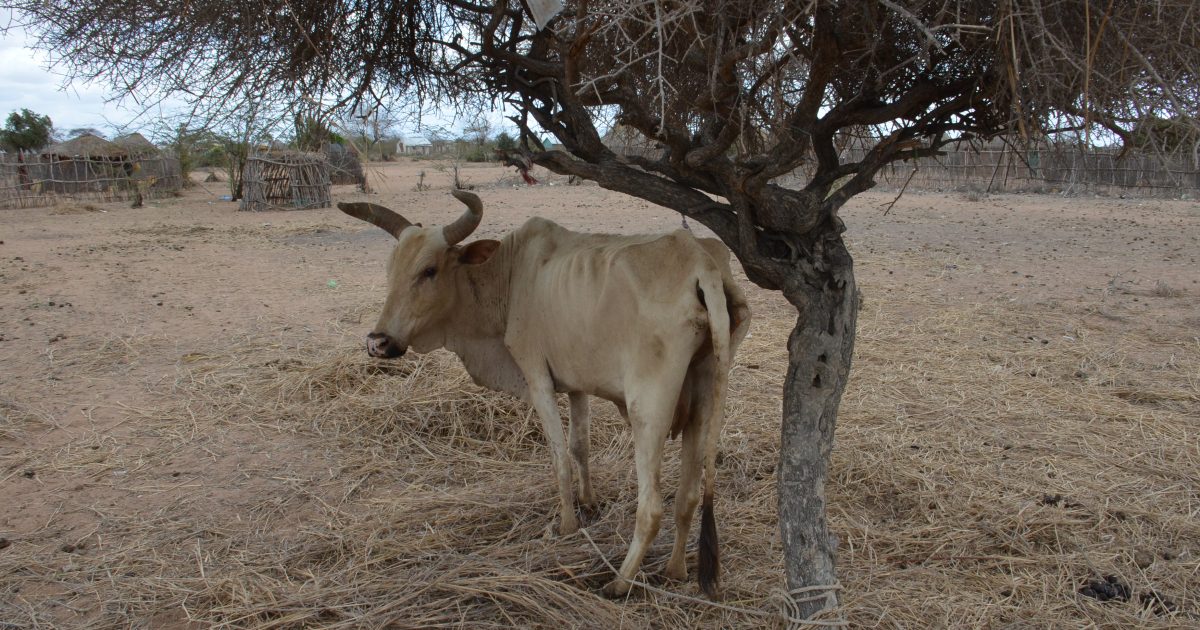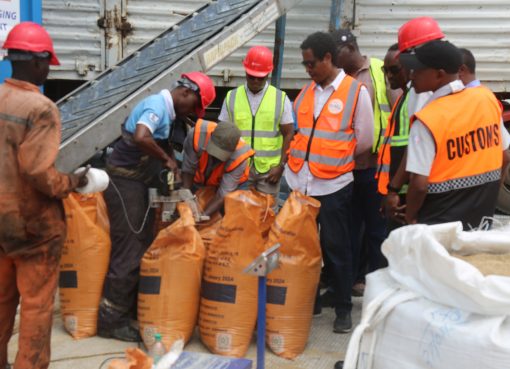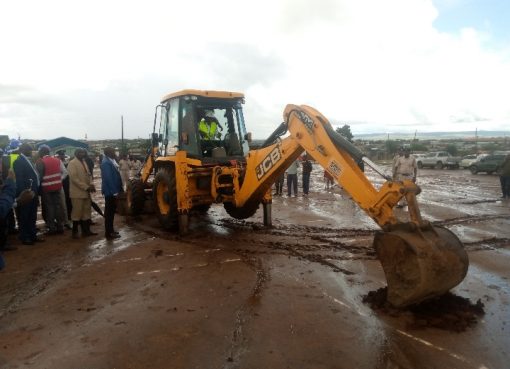The State department of livestock and the Tana River Department of Livestock has rolled out a livestock insurance project dubbed “DRIVE” to cushion farmers against the effects of climatic shocks.
This comes against the backdrop of a biting drought for the last four years. The project is being piloted in Wajir and Tana River counties. It will replace the Kenya Livestock Insurance Programme (KLIP) which was launched in 2016.
Unlike in KLIP whereby the government paid the entire premium for the beneficiaries, in the project’s second phase, the farmers will contribute 20 percent and the state 80 percent.
Tana River County Director of Livestock Production, Nzioka Wambua said for every five units of cattle, the premium is Sh14, 000 and a pastoralist only pays Sh2, 800. He said from 2016 to 2022, more than Sh200 million was paid to the 2,500 Kenya Livestock Insurance Programme in Tana River.
“Drought has been hitting us every year since 2016. We haven’t had a year without drought. This is a noble government project that helped our farmers.
“Payouts occur when the livestock is weak, they purchase hay and water, and it also helps them transport their livestock to areas with pasture and water,” said Wambua in his Hola office.
He added: “As of this year, the State Department of Livestock has changed and introduced another project called “DRIVE”. They are doing pretest in Wajir and Tana River”.
The department has so far registered 6,000 pastoralists electronically using a mobile application. The Information County Livestock Production said, it is sent to a central server at the click of a button and then a photo is taken unlike before. This will help to monitor.
“All the beneficiaries after successful registration will receive a message notifying them to pay the 20 percent. From there, one will become a bonafide beneficiary otherwise without paying the 20 percent, the government will not release the 80 percent,” explained the Director.
The payout will be determined by the severity of the drought. A satellite monitors the regeneration of pasture every eight months and triggers a percentage that is used to pay the pastoralists.
Wambua advised livestock farmers to embrace insurance for them to be compensated during drought season.
He said the drought is no longer an emergency since farmers can access weather information from the meteorological department, and media can as well use traditional methods of knowing whether there will be a drought.
By Sadik Hassan





